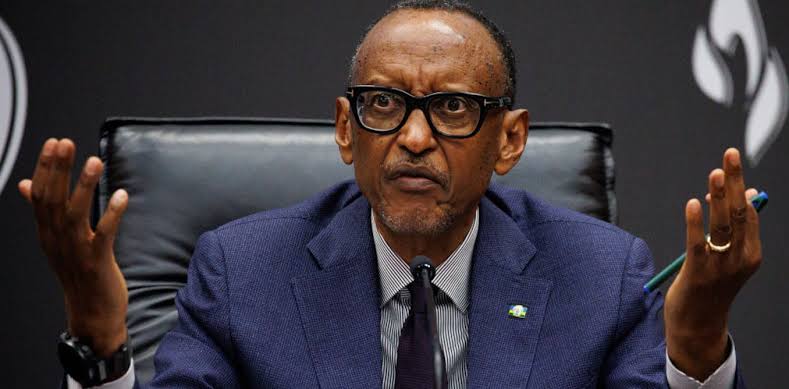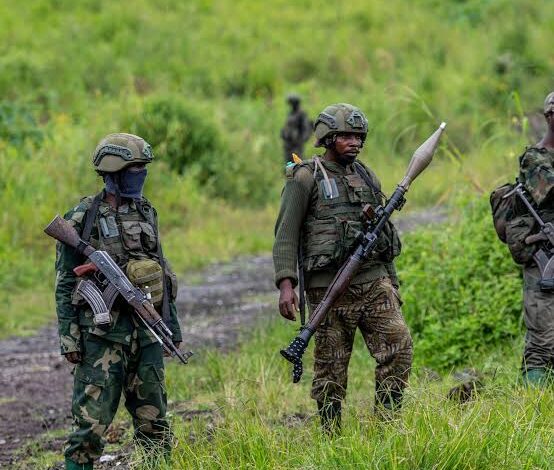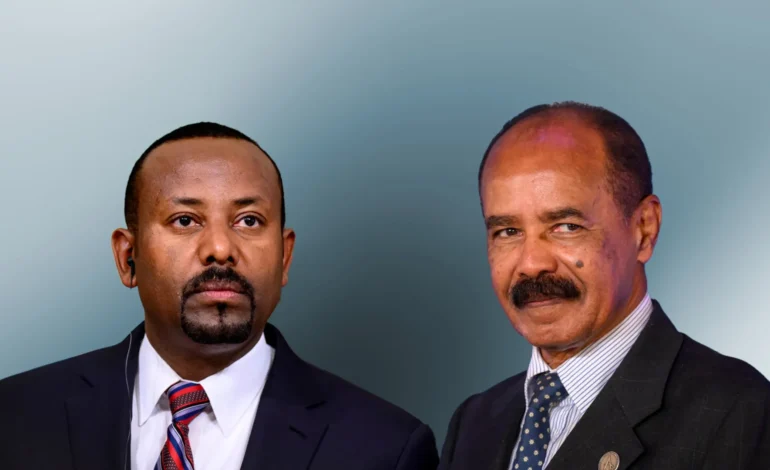
Faith Nyasuguta
Rwanda, long praised as one of East Africa’s safest and fastest-growing tourism destinations, has officially been added to the United States’ expanding travel advisory list. This new status marks a significant shift in how global travelers and international agencies perceive the security situation in the region.
The U.S. Department of State’s latest update places Rwanda under a Level 2 advisory, urging travelers to exercise increased caution, mainly because of tensions along its western border with the Democratic Republic of Congo (DRC). This is the first time in years that Rwanda has appeared on such a list, highlighting the broader ripple effect of regional instability.
While Rwanda’s capital Kigali, national parks, and major tourist sites remain largely peaceful and continue to attract visitors, the advisory warns of specific risks in border districts like Rusizi and Rubavu. These areas, close to the volatile eastern DRC, have seen periodic clashes spill across the border. For these zones, the advisory is more severe – placing them under Level 4: Do Not Travel due to the risk of armed conflict and potential spillover violence.

The U.S. Bureau of Consular Affairs noted that “armed groups, individuals, and military forces routinely clash in nearby areas, and the ongoing violence raises the risk of spillover into Rwandan territory.” This language signals caution, not just for tourists but also for businesses and humanitarian workers operating near the borders.
Rwanda’s inclusion comes as part of a broader global security review that has tightened warnings for multiple countries. Egypt, Mozambique, Nigeria, Israel, Lebanon, Haiti, and the Dominican Republic have all recently been flagged too – each for reasons ranging from civil unrest to violent crime and geopolitical instability. Haiti, for instance, has reached a point where authorities advise against all travel.
Despite the new caution, Rwanda’s tourism industry remains confident. The country’s wildlife reserves, including Volcanoes National Park, home to the famous mountain gorillas, continue to draw thousands each year. Officials and tour operators emphasize that Rwanda itself remains safe for visitors who stay aware of official guidance and avoid the higher-risk border zones.

Travel experts now urge tourists to stay updated on local conditions, monitor official travel alerts, and register with their embassies when traveling in or near sensitive areas. The advisory does not impose a travel ban but reminds visitors that regional tensions can affect security unexpectedly.
For Rwanda – a country that has spent decades rebuilding its global image – this advisory is a reminder that regional conflicts can impact even the safest destinations in Africa.
RELATED:








